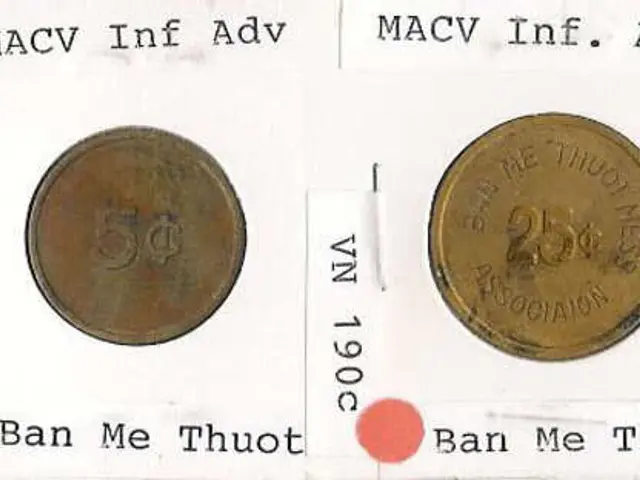Guide for Drafting a Reseller Contract
In the dynamic world of business, establishing clear and fair reseller contracts is crucial for success. This article provides an overview of best practices for crafting such agreements, focusing on clarity, fairness, and incentives to avoid common pitfalls.
Embracing Technology for Streamlined Contracts
One tool that can help simplify the process is Termly's free Terms and Conditions generator. This platform offers a range of liability protections, including disclaimer of warranty, limitation of liability, and indemnity, ensuring a solid foundation for your reseller contract.
Essential Clauses for Reseller Contracts
Defining the Term and Termination Conditions
A well-structured contract should specify the term of the agreement and the conditions under which it can be terminated. This includes whether the contract will automatically renew and the reasons for termination.
Governing Law and Dispute Resolution
With parties potentially located in different states or countries, it's essential to establish the governing law for the contract. Additionally, Documents-Only Arbitration can provide a cost-effective and time-saving method for resolving disputes remotely.
MAP Policy and Competitive Advantage
The Minimum Advertised Price (MAP) policy helps ensure that resellers compete on quality of service, not just price. It's crucial to specify whether the reseller is allowed to make guarantees that are not expressly approved by the manufacturer and whether they can use the manufacturer's name and trademarks.
Reseller Obligations and Assurances
A good reseller should be given some assurances against aggressive price increases, such as a percentage cap on increases and a notice period before any price increase. They should also be responsible for advertising efforts, customer service, insurance, permits, licenses, compliance with local laws, accounting, regular reporting, and shipping.
Liability and Indemnification
Indemnification is crucial when a reseller is authorized to install a product or make representations to customers. The contract should also include a confidentiality clause to protect the manufacturer's product specifications, trade secrets, business model, etc.
Best Practices for Sales Quotas, Price Changes, and Other Terms
Sales Quotas
Setting sales quotas based on historical sales data and realistic growth projections ensures a balanced and achievable target for resellers. Tiered commission plans can motivate resellers without creating unsustainable costs. Linking commission payouts proportionally to quota achievement ensures fairness and predictable compensation.
Frequency of Price Changes
Negotiating price change terms explicitly in the contract, such as capping annual price increases to a single-digit percentage or tying renewal prices to a fixed rate or formula, provides transparency and budgeting certainty. Including clauses to lock in renewal rates for at least one or multiple renewal cycles helps avoid steep unexpected increases.
Other Key Contract Terms
Documenting all verbal concessions and discounts in writing within the contract, including transparency requirements like full line-item pricing, no hidden fees, and inclusion of essential product features at no extra cost, reduces surprises. Utilizing negotiation leverage windows strategically can secure better terms and discounts.
These practices together help create a fair, transparent, and motivating reseller relationship, minimizing conflicts and enabling better planning for both parties.
Additional Considerations
Non-Compete/Exclusivity Clauses and Governing Law
While non-compete/exclusivity clauses are invalid in California, most other states allow them. Understanding the laws governing your contract is essential to ensure compliance.
Force Majeure and Political Instability
A Force Majeure clause can account for potential calamities and political instability in the target market, protecting both parties from unforeseen circumstances.
Compliance with Regulations
For alcohol resellers, the ABC Act of California provides a guide for compliance in the state.
Software Purchase Agreements
The Basic Software Purchase Agreement transfers complete and exclusive rights to the buyer of the software. The manufacturer's obligations should include sales leads, samples, advertising, training, support, honoring warranty and return obligations, and shipping.
By following these best practices, businesses can establish reseller contracts that foster a productive and mutually beneficial relationship, setting the stage for long-term success.
Investing in technology can streamline the drafting of reseller contracts, with platforms like Termly's Terms and Conditions generator providing liability protections. In financial terms, this investment could yield returns in the form of contract simplification and protection against disputes.
To establish a fair and profitable reseller agreement, it's essential to outline key clauses such as governing law, MAP policy, reseller obligations, and indemnification. In business terms, these clauses ensure a competitive and well-defined reseller relationship, minimizing conflicts and enabling better planning for both parties.




